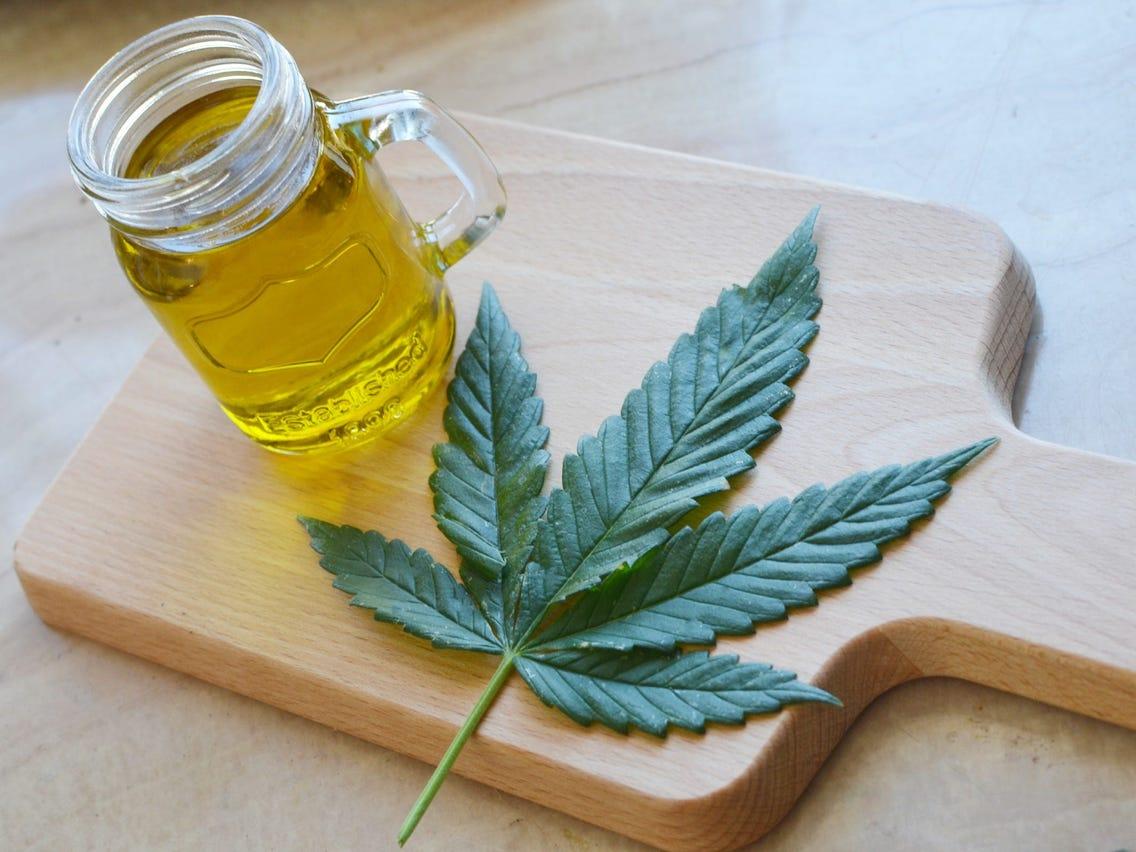Hello, friends! It’s easy to reach for over-the-counter pain relievers when you’re dealing with a headache, muscle soreness, or other types of discomfort. But did you know that there are numerous natural pain relievers you can easily make at home? Some of these might even surprise you. Let’s jump right in!
1. Cannabis Oil
Yes, you read that right. Cannabis oil, specifically, CBD oil, is an incredibly effective pain reliever. Studies have shown that it can provide relief from chronic pain, inflammation, and even anxiety. Making it at home is a surprisingly simple process, and the benefits are enormous. But it’s important to source your ingredients correctly and understand the process. An excellent resource that outlines all the steps is the exodus 30 healing protocol that I recently came across.
2. Capsaicin Cream
Ever notice how your mouth feels a little numb after eating something spicy? That’s due to capsaicin, the compound that gives chili peppers their kick. Capsaicin can be used topically as a pain reliever. Just be sure not to apply it on broken or irritated skin.
3. Epsom Salt Soak
This one’s a tried-and-true classic. Epsom salt is rich in magnesium, which is excellent for reducing inflammation and relaxing muscles. Fill your tub with warm water, add a couple of cups of Epsom salt, and soak away your discomfort.
4. Chamomile Tea
Chamomile isn’t just for helping you get a good night’s sleep—it can also help ease pain. It has anti-inflammatory properties that can help soothe muscle spasms and menstrual cramps. You can drink it as a tea or even apply it as a compress to sore areas.
5. DIY Turmeric and Ginger Tea
Turmeric and ginger are both well-known for their anti-inflammatory properties. Combine them into a warm, comforting tea, and you have a potent natural pain reliever. For a more comprehensive guide on medicinal herbs, you can check out this post on 10 essential herbs for a medicinal garden.
Bonus: Good Ol’ Exercise
While not something you “make,” exercise is an often-overlooked natural pain reliever. Regular exercise helps maintain flexibility and reduces inflammation. It also releases endorphins, your body’s natural feel-good hormones. But remember, moderation is key. Overdoing it can actually lead to more pain. If you’re dealing with chronic pain, you may want to consult with a professional before starting a new exercise regimen.
It’s important to note that while these remedies can be effective, they’re not a substitute for professional medical advice. If you’re dealing with chronic pain, it’s always a good idea to see a healthcare provider. And, as with any new treatment or remedy, it’s essential to make sure you’re not allergic to any of the ingredients you’re using.
Making your own natural pain relievers at home is not only a cost-effective method to handle discomfort but also allows you to have full control over what you’re putting in your body. And who knows, you might just find that these natural alternatives work better for you than traditional medicine. So, why not give it a shot?
If you’re interested in reading more about how your lifestyle habits can impact your health, be sure to read this article about 6 lifestyle habits that negatively impact your blood flow.
The Importance of Healthy Habits
In addition to natural pain relievers, maintaining healthy lifestyle habits can contribute significantly to reducing chronic pain and enhancing overall wellbeing. Regular exercise, a balanced diet, and good sleep hygiene can all play a part in managing pain and preventing it from becoming a constant part of your life.
Taking a Holistic Approach
Taking a holistic approach to pain management involves not just treating the symptoms but also addressing the root cause. This might mean looking into your mental health, your diet, and even your work-life balance. All these factors can contribute to chronic pain, and addressing them can help you find lasting relief. Remember, your body is an interconnected system, and you can’t address one issue without considering the others.
The Role of Mindfulness
In recent years, mindfulness and meditation have been recognized for their ability to help manage pain. These practices help you tune into your body and understand the signals it’s sending you. This can be particularly beneficial for those suffering from chronic pain. Additionally, mindfulness can help reduce stress and anxiety, which are often linked to chronic pain.

